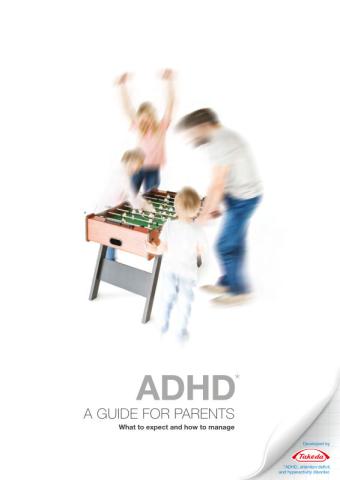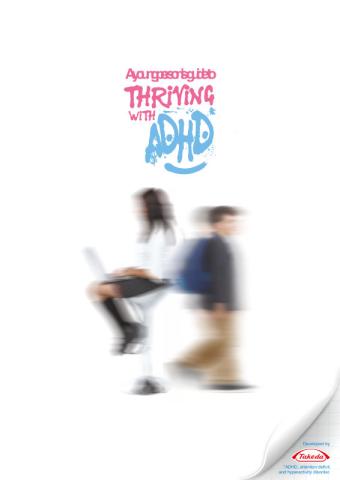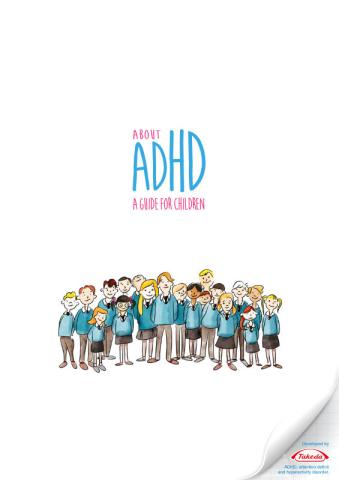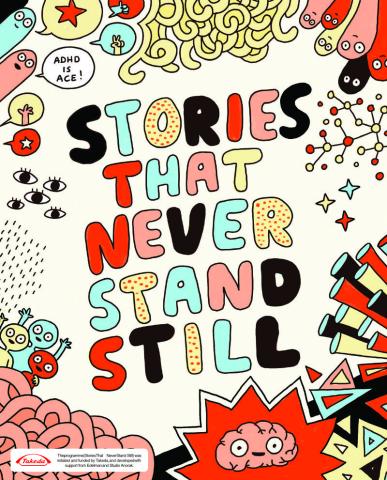What is ADHD?
 Sometimes, parents feel guilty when ADHD is diagnosed, but it’s important to know that there is nothing you could have done differently to prevent it. ADHD isn’t caused by bad parenting – although you might need above-average parenting skills to deal with its effects.
Sometimes, parents feel guilty when ADHD is diagnosed, but it’s important to know that there is nothing you could have done differently to prevent it. ADHD isn’t caused by bad parenting – although you might need above-average parenting skills to deal with its effects.
Firstly, ADHD is defined by the ‘core’ signs of inattention (e.g. making careless mistakes, daydreaming or forgetfulness) and hyperactivity/impulsivity (e.g. fidgeting, squirming or excessive talking), and there are three presentations:
- Combined with signs of inattention and hyperactivity and/or impulsiveness
- Predominantly inattentive with inattention but not with hyperactivity or impulsiveness
- Predominantly hyperactive or impulsive but not inattention

Most children have the first (combined) type of ADHD.
Children with ADHD may also have accompanying symptoms, including anxiety and depression. Many exhibit oppositional or defiant behaviours that pose particular challenges.
 Girls with ADHD are more likely to have the inattentive subtype of ADHD and be socially withdrawn. Symptoms may differ in girls compared to boys. For instance, impulsiveness may be expressed as ‘out of control’ talking. Boys may be more likely to express aggressive or antisocial behaviour (which may explain why they are more likely to be referred to a psychiatric centre).
Girls with ADHD are more likely to have the inattentive subtype of ADHD and be socially withdrawn. Symptoms may differ in girls compared to boys. For instance, impulsiveness may be expressed as ‘out of control’ talking. Boys may be more likely to express aggressive or antisocial behaviour (which may explain why they are more likely to be referred to a psychiatric centre).
Symptoms of ADHD can change a great deal over time. Young people may grow out of their hyperactivity or learn to channel it into productive activities such as sports. However, symptoms of inattention may increase towards adulthood.
Resources for download
Useful Links
Patient support organisations
- ADHD Foundation – Parents and carers – https://adhdfoundation.org.uk/
- ADHD Solutions – https://www.adhdsolutions.org/
- The National Attention Deficit Information and Support Service (ADDISS) – https://www.addiss.co.uk
- Scottish ADHD coalition – https://www.scottishadhdcoalition.org
Professional organisations
- National Health Service – Overview ADHD – https://www.nhs.uk/conditions/attention-deficit-hyperactivity-disorder-adhd/
- Royal College of Psychiatrists – ADHD for parents and carers - https://www.rcpsych.ac.uk/mental-health/parents-and-young-people/information-for-parents-and-carers/attention-deficit-hyperactivity-disorder-and-hyperkinetic-disorder-information-for-parents-carers-and-anyone-working-with-young-people
- National Institute for Health and Care Excellence (NICE) guideline NG87 – Information for the public – https://www.nice.org.uk/guidance/ng87/informationforpublic
You are now leaving www.adhdandyou.co.uk. You will be re-directed to an external website. Takeda accepts no responsibilty for the content of other websites.



